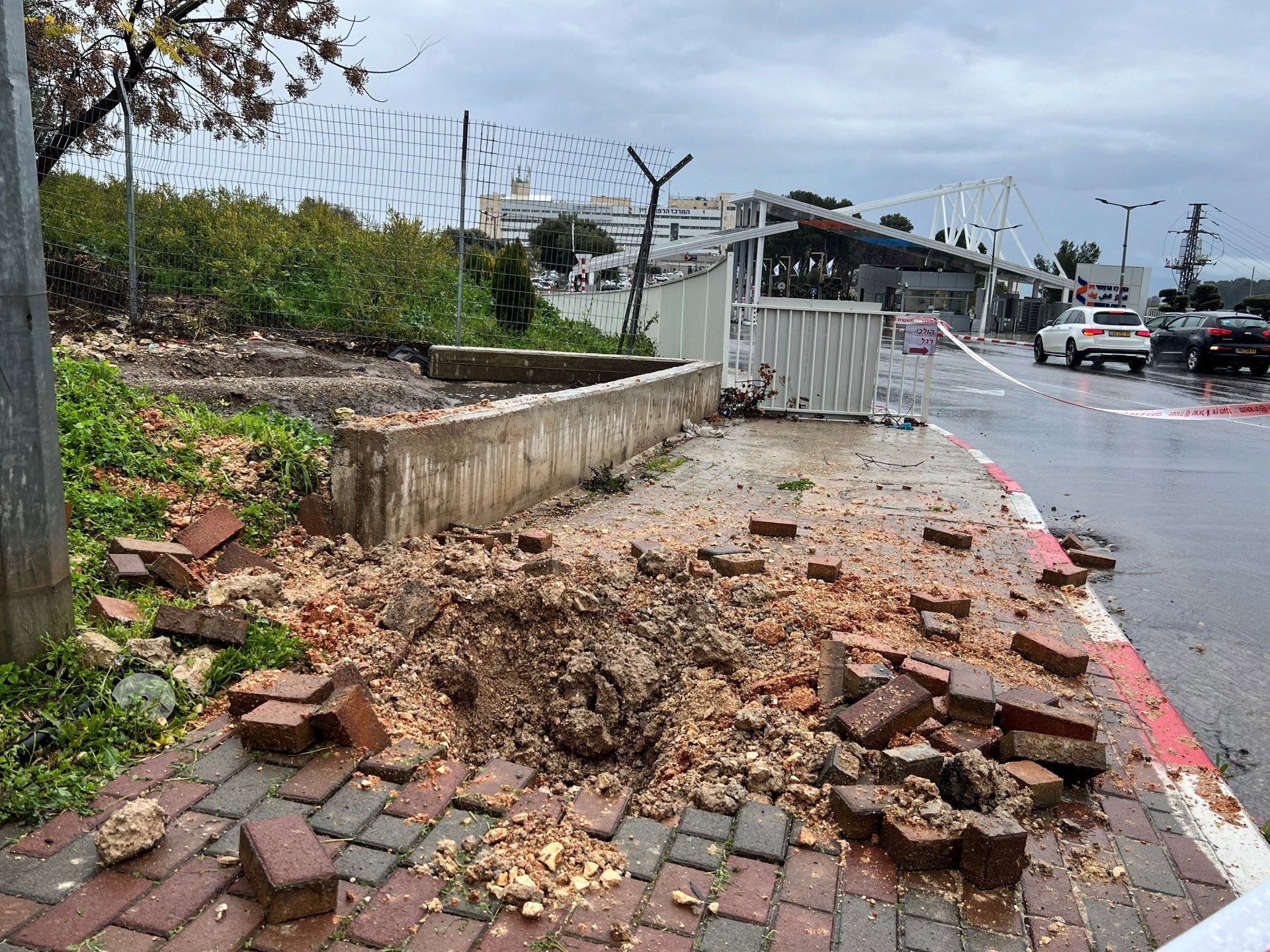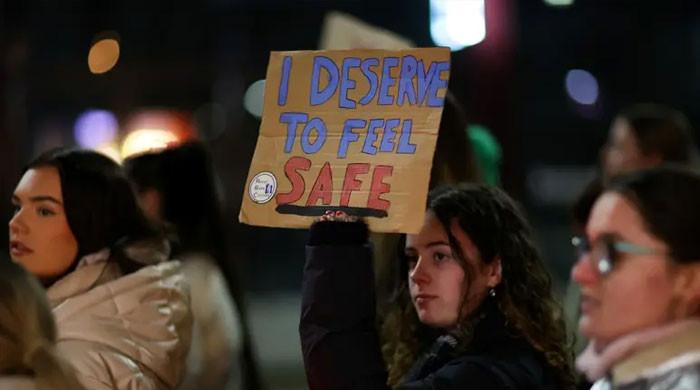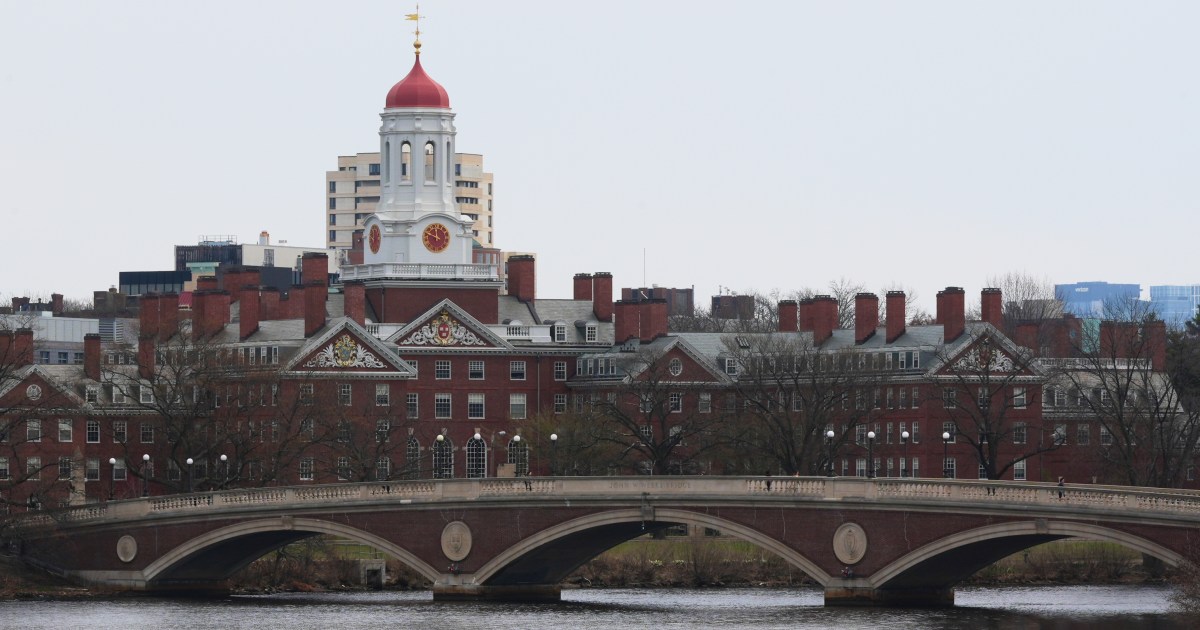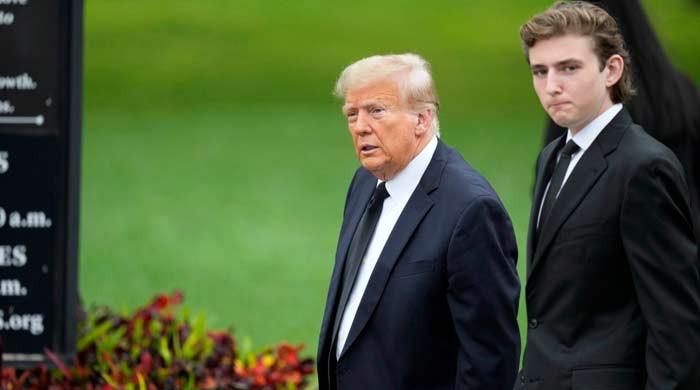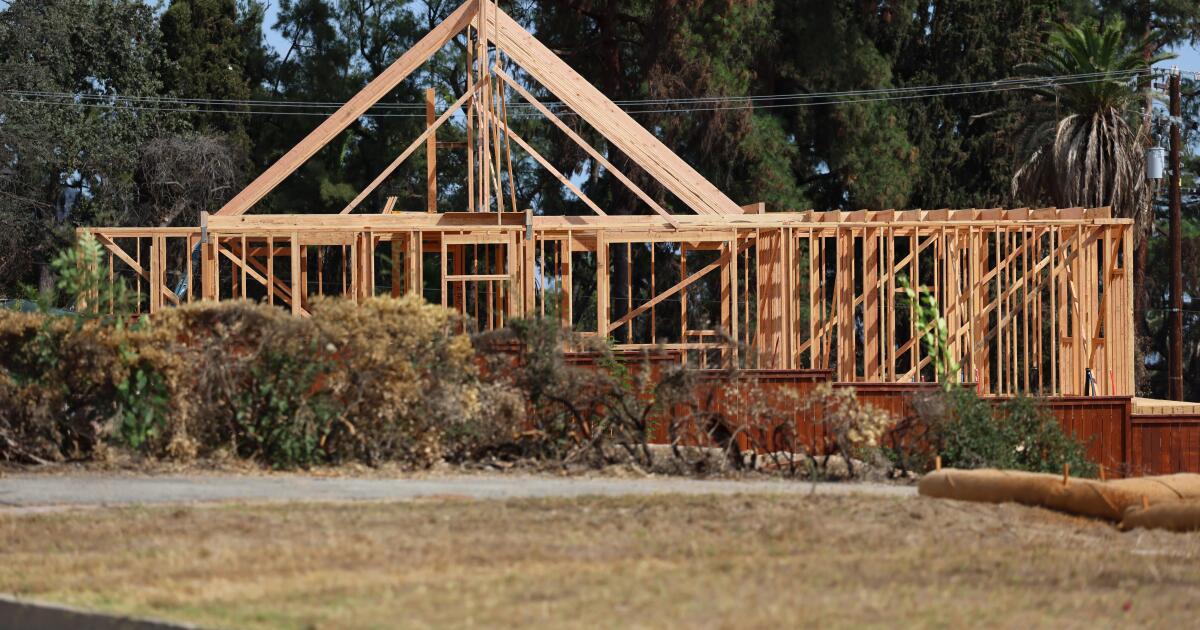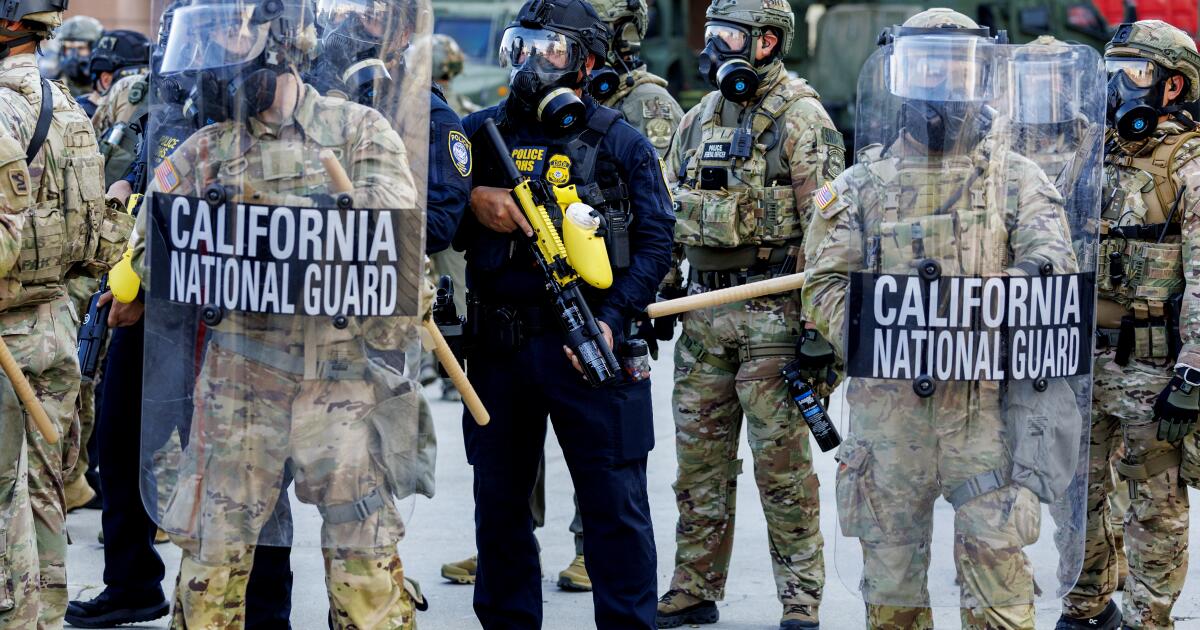Others were injured in attacks on the Lebanese towns of Souaneh and Aadchit, while one woman was killed in Israel.
Israeli airstrikes in southern Lebanon have killed at least four people, including two children, the Lebanese Civil Defense says.
At least 11 people were injured in the attacks on the towns of Souaneh and Aadchit. A woman and her two children were killed in Souaneh, while a Hezbollah fighter, identified by the group as Hassan Ali Najm, was killed in Aadchit.
Wednesday's attacks targeted several cities in southern Lebanon, including areas of Nabatieh governorate.
The attacks occurred deep in Lebanese territory, raising fears of further escalation.
The Israeli military said on Wednesday it had launched an “extensive wave” of airstrikes in Lebanon.
The attacks came after a barrage of rockets from southern Lebanon hit a military base in Safed, northern Israel, killing one person and wounding several, Al Jazeera's Zeina Khodr reported.
“It is being described as the largest escalation in ongoing clashes between the Israeli army and the Lebanese armed group Hezbollah,” Khodr said, reporting from Beirut. However, he added that the escalation was still “controlled” and that both sides were “sending messages” to the other with their attacks.
While the “battlefield” has been along the 120-kilometer (75-mile) border, about 4 to 5 kilometers (2.5 to 3 miles) deep on both sides, Israel “attacked deeper.” this time, he said.
In Israel, a rocket fired from Lebanon killed an Israeli woman, a government spokesman said. The bombing hit a military base and wounded several more people on Wednesday, the spokesman said.
Military and political analyst Elijah Maginer said Israel has attacked villages that are considered “very sensitive,” such as those in Nabatieh.
It is about “attacking villages that have not been attacked before,” Maginer told Al Jazeera.
“So it is an escalation, and I think Hezbollah will respond with the same intensity of the bombing but without expanding the war too much,” he said.
This means that Hezbollah would probably respect “more or less the limit of commitment” and would not opt for an all-out war, which is also not in the interest of the Israelis, Maginer added.
Hezbollah chief Hassan Nasrallah said on Tuesday that his armed group's cross-border bombings against Israel would end only when Israel's “aggression” against the Gaza Strip ceases.
The group has been exchanging fire with the Israeli army along Lebanon's southern border in support of its Palestinian ally Hamas, which launched a cross-border attack from the Gaza Strip into Israel on October 7, which was followed by intense shelling. Gaza from land, air and sea.
There are growing fears of another full-blown conflict between Israel and Hezbollah with tens of thousands displaced on both sides of the border and regional tensions rising.
Cross-border attacks have killed at least 200 people in Lebanon, including more than 170 Hezbollah fighters, as well as 10 Israeli soldiers and five Israeli civilians.

